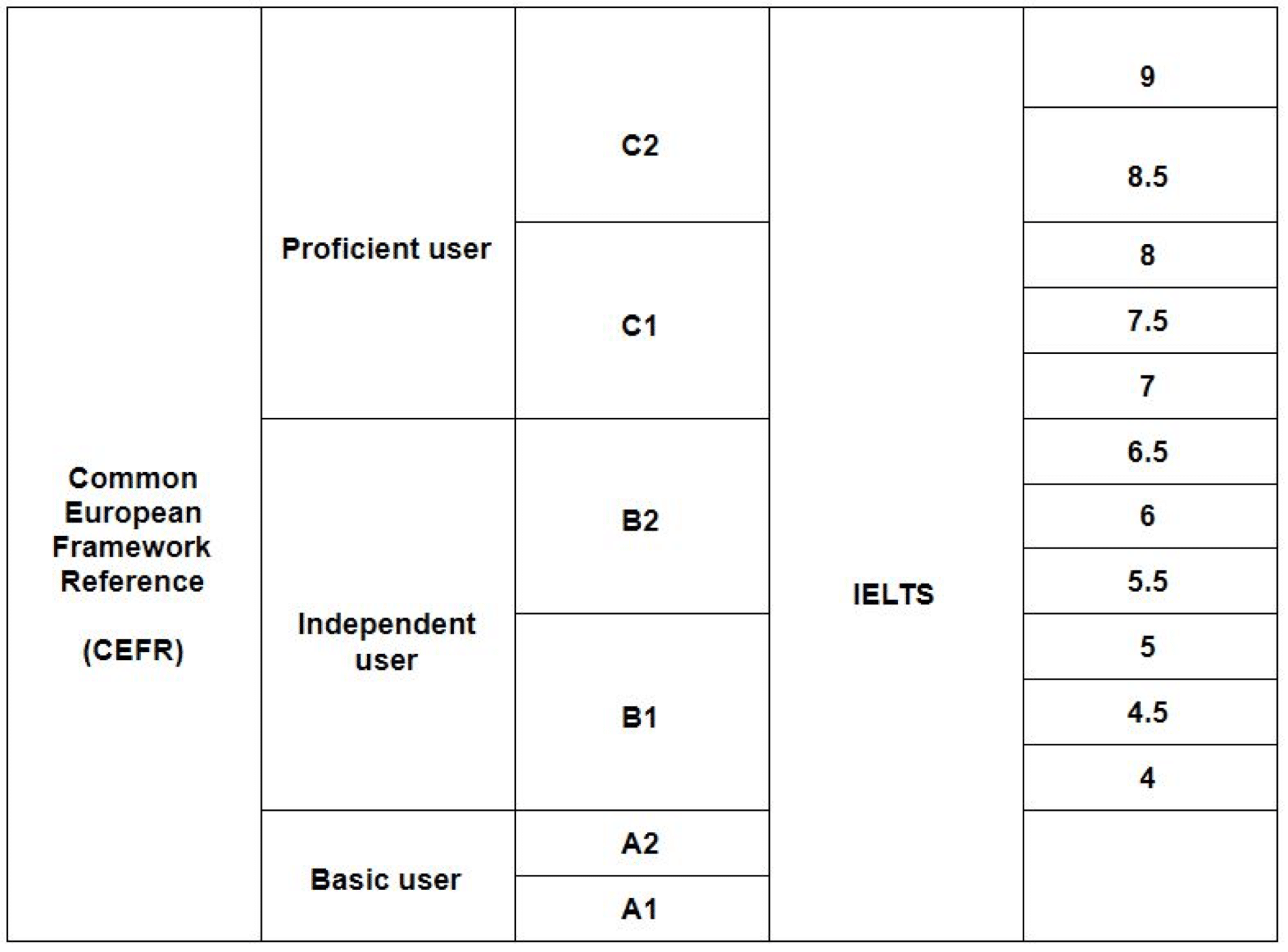When it comes to taking the IELTS exam, understanding the score you receive is crucial. The International English Language Testing System (IELTS) is widely recognized as a measure of English language proficiency for non-native speakers. Your IELTS score can have a significant impact on your academic and professional opportunities, so it’s important to know what your score means.
IELTS scores are reported on a scale from 0 to 9, with each band representing a different level of English proficiency. A score of 0 indicates that the test taker did not attempt the test, while a score of 9 indicates an expert user of the language. Understanding what each score band means can help you gauge your language abilities and set realistic goals for improvement.
IELTS Score Meaning
Band 1 to 3: If you receive a score in this range, it means you have limited English proficiency and may struggle to communicate in most situations. You may have difficulty understanding basic English and constructing simple sentences. Improvement in language skills is necessary.
Band 4 to 6: Scores in this range indicate a moderate level of English proficiency. Test takers in this band can understand and communicate in most situations, but may still have some difficulty with complex language and nuanced expressions. Further practice and study can help improve proficiency.
Band 7 to 8: A score in this range signifies a high level of English proficiency. Test takers in this band can effectively communicate in a wide range of situations and are able to understand complex language structures. They may still have occasional errors, but overall have a strong command of the language.
Band 9: An IELTS score of 9 indicates expert proficiency in English. Test takers in this band have near-native fluency and can understand and communicate with ease in any situation. They demonstrate a high level of accuracy and precision in their language use.
Understanding the meaning of your IELTS score can help you identify your strengths and weaknesses in English and tailor your language learning efforts accordingly. Whether you are aiming to study abroad, work in an English-speaking country, or improve your language skills for personal growth, knowing what your score means is the first step towards achieving your goals.
In conclusion, your IELTS score is a reflection of your English language proficiency and can have a significant impact on your future opportunities. By understanding the meaning of your score and working towards improvement, you can unlock new possibilities and broaden your horizons in both academic and professional settings.
